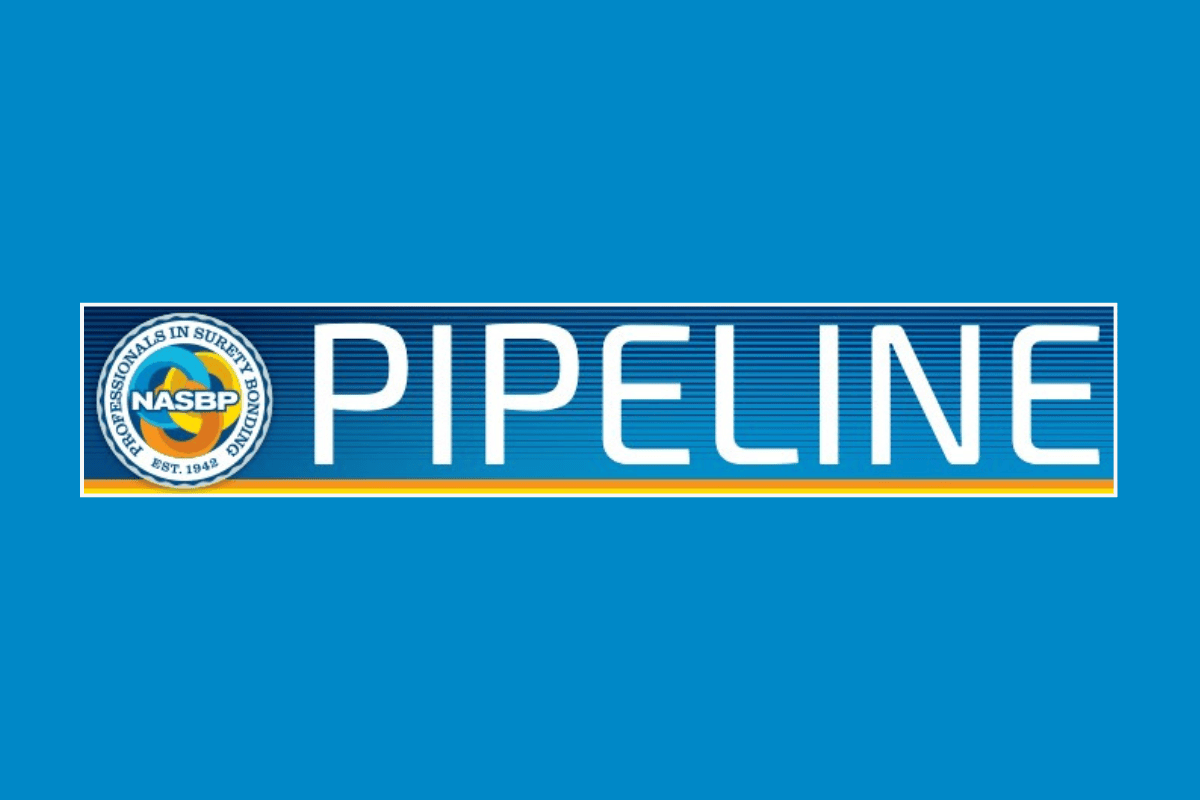Search & Filter
Search
Topic
Region
Audience
Post Type
What 8(a) Contractors Should Do After Receiving an SBA Suspension Notice
By Aron C. Beezley and Nathaniel J. Greeson of Bradley Arant Boult…
Consequential Damages: Contract Language Is Key
By Robert A. Banner of Tarter Krinsky & Drogin LLP Originally published…




